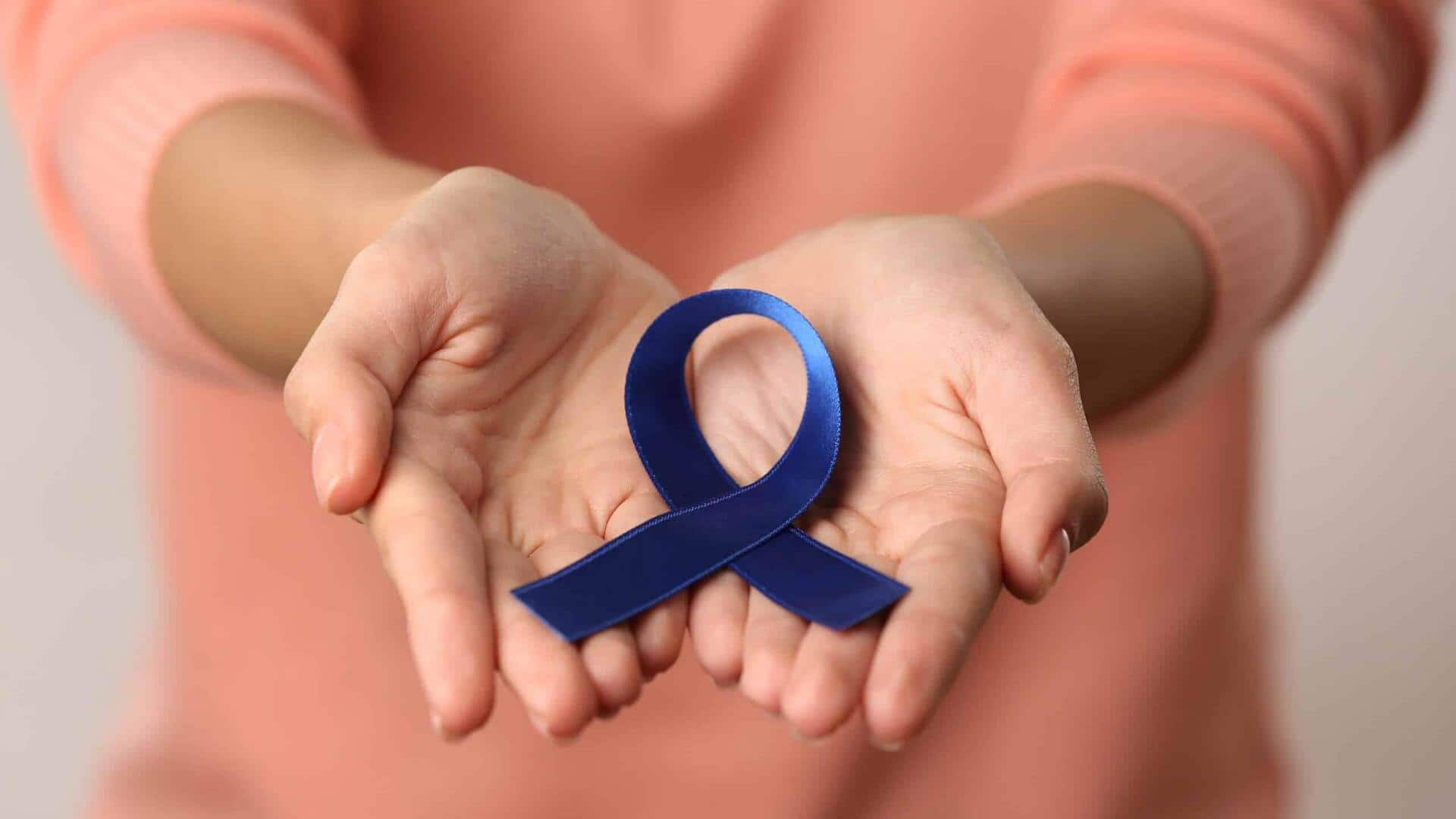
IISc: Breakthrough research could help lower pain for cancer patients
What's the story
Scientists from the Indian Institute of Science's (IISc) Center for Neuroscience (CNS) have made a major discovery in understanding how certain brain regions coordinate to manage chronic pain in mice.
The breakthrough, especially relevant to pain caused by chemotherapy treatments, might lead to better pain management strategies for cancer patients.
The research was led by Arnab Barik, an Assistant Professor at CNS.
Study details
Research focuses on chemotherapy side effect
The IISc study looked at a common side effect of chemotherapy- patients become extremely sensitive to cold temperatures.
Prannay Reddy, the study's lead author, said that for us to feel pain in situations where we should not, something must go wrong in the brain.
This could involve more firing/misfiring of neurons in certain brain regions.
The team found that a brain's part called lateral parabrachial nucleus (LPBN) plays a key role in how animals process and deal with this pain.
Pain processing
LPBN: A relay station for pain signals
The researchers found that the LPBN works like a relay station, getting signals from different brain areas to calculate pain intensity and response.
When activated, the mice showed more paw-licking behavior in response to cold stimuli - a sign that they were actively trying to cope with the pain.
This finding sheds new light on how the brain processes and responds to pain signals, especially those related to chemotherapy treatments.
Pain reduction
Lateral hypothalamus can reduce pain responses
The study also showed that signals from the lateral hypothalamus, a region of the brain involved in stress and hunger, could diminish pain responses.
Barik explained that if you're really hungry and face back pain, you can still manage your pain and go over to finding your food.
However, if you face an intense pain attack where all these neurons are really stimulated then you're not going to look for food.
Future studies
Further research needed on other types of chronic pain
While these results help explain why pain perception can be subjective, Barik said that more research is required to understand if similar mechanisms apply to other kinds of chronic pain, such as arthritis or diabetic neuropathy.